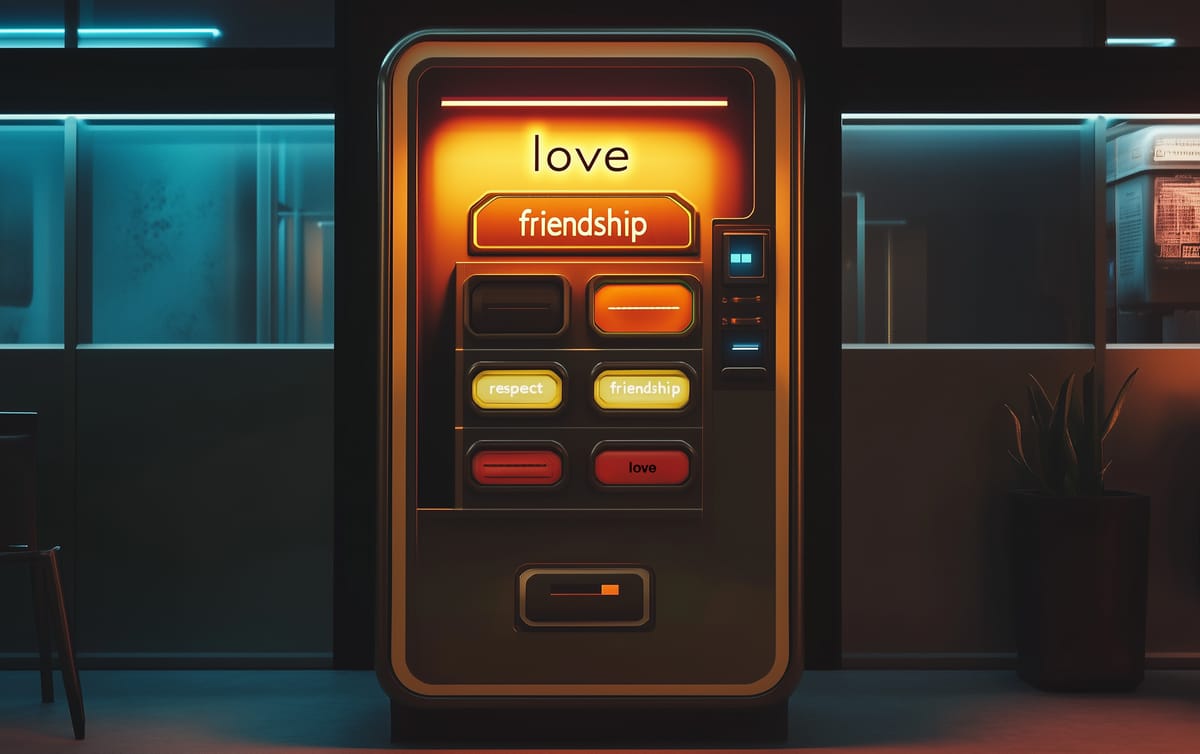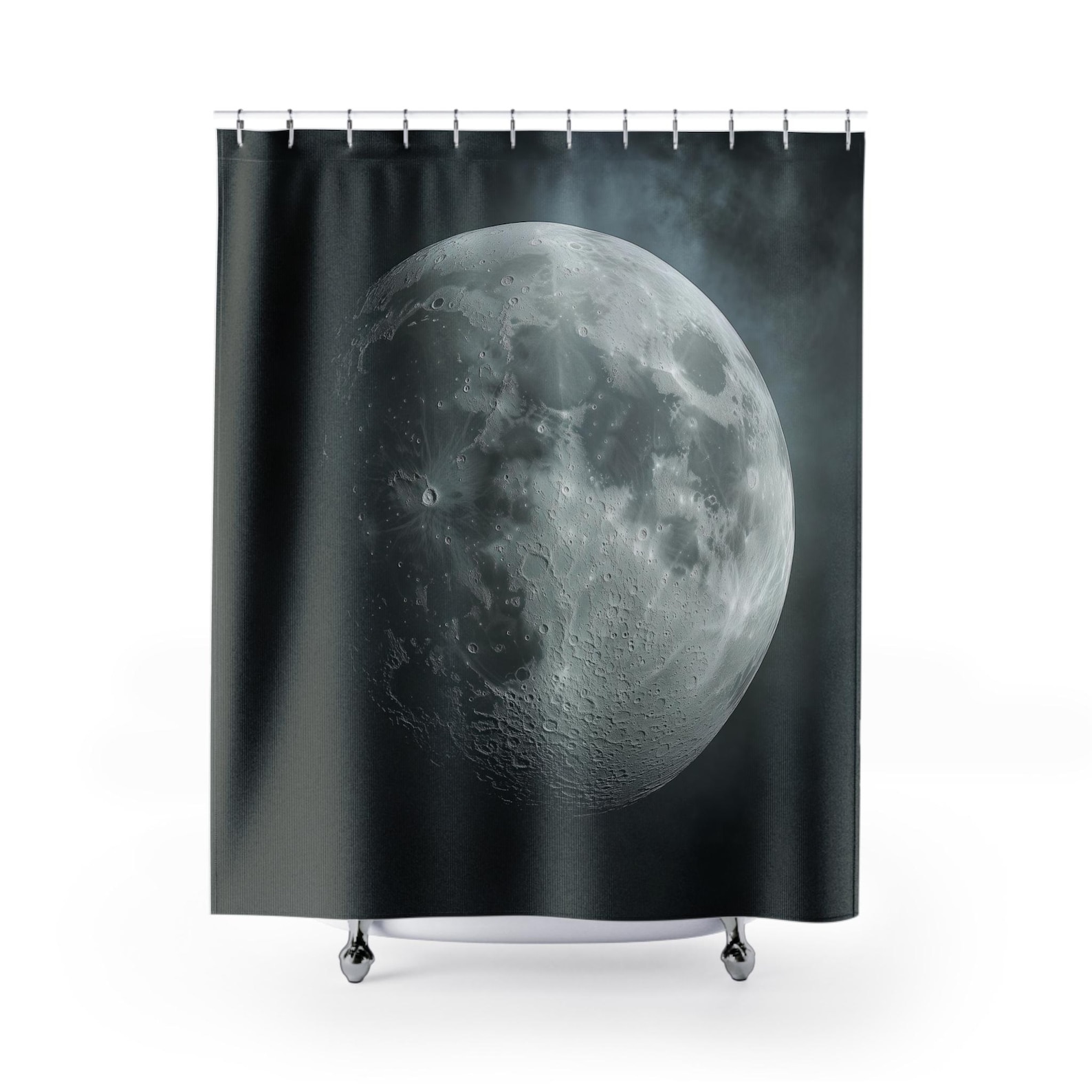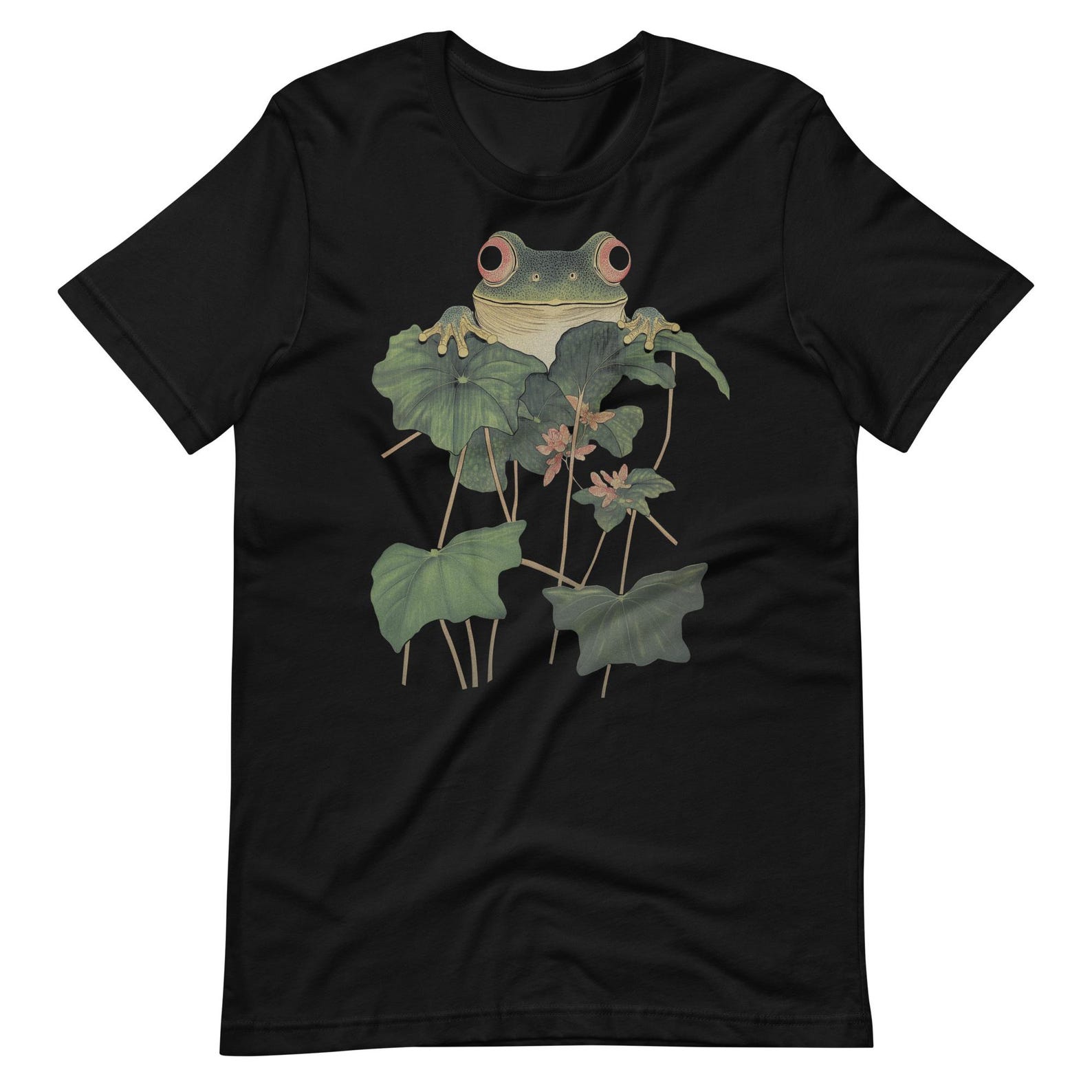How to Be More Liked (or Even Loved): Pick Your Poison
Being liked is a performance. You can fake it, fund it, or actually earn it.

Three paths, one truth—how far are you willing to go to be liked?
People crave approval. Some want to be admired. A few want to be adored. And the most desperate want to be worshipped. Let’s not pretend otherwise.
In both art and life, social performance comes down to three historical routes:
- Lie.
- Pay.
- Grow.
Most people don’t want to hear this. They’d rather believe in the fairy dust of “just be yourself.” Which works—if “yourself” already happens to be magnetic, talented, wealthy, or drop-dead beautiful. If not? You’re stuck performing one of these roles.
Option 1: Lie
The easiest costume. Create a character more fascinating than the one you were born with. Add a tragic backstory. Polish your career into legend. Rewrite yourself as mysterious, enlightened, flawless.
It works, for a while. People love a mask—until it slips. And when it does, they’ll despise the actor more than they would’ve ignored the honest amateur. In art, forgery gets attention—right up until the exposure. Same goes for you.
Option 2: Pay
Money is applause you can buy. Fund the party, bankroll the gallery, pick up the tab, sponsor the crowd. People will stick around—for as long as the performance budget lasts.
The catch: it’s never clear if they admire you or your bankroll. A golden frame can make mediocre art look expensive, but it doesn’t make it worth remembering.
Option 3: Grow
The slowest. The most painful. The only one that sticks.
This path means you actually change. You improve your listening, sharpen your empathy, build skills that matter, add substance that endures. You stop being an emotional parasite and start offering value.
Audiences sense growth. They respect it. They’re drawn to it. But unlike buying fans or fabricating charisma, this takes real effort—time, practice, and patience. In art, it’s the difference between a shallow stunt and a body of work that actually lasts.
So you want the real thing?
Fine. But let’s be clear: this isn’t a self-help daydream. It’s labor. It’s cutting out the insecurity that poisons every room you enter. It’s learning when to shut up and when to show up. It’s giving people a reason to invest their attention in you.
In art, audiences know when a performance is phoned in. In life, they know when you’re faking too. The only act that never expires is the one where you get better.
Are there only three?
Maybe. Maybe not. You could brute-force attention, but that tends to end in lawsuits. You could retreat into solitude and pretend you don’t care what people think—but then you wouldn’t be reading this.
So yes: lie, pay, or grow. Pick your poison. Just know—growth lasts forever… but an open bar keeps them coming back too.












